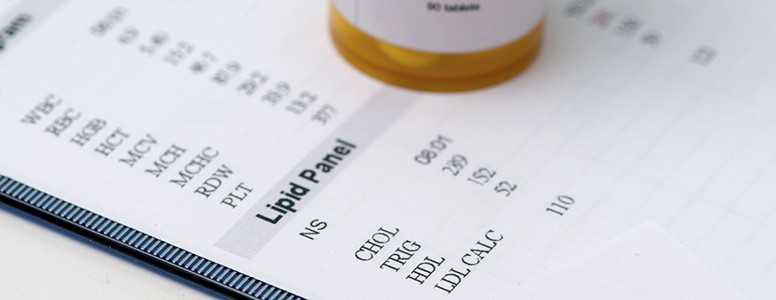Insulin is strongly linked to the release of dopamine, a neurotransmitter that controls pleasure, according to new research.
The study, conducted by researchers at New York University Langone, found that the more insulin is in the brain, the higher the release of dopamine. Our instinct, therefore, is to seek out high-carb or sugary foods in order to increase the insulin levels in the brain and release more dopamine.
“We found that when there’s more insulin in the brain, there will be more dopamine released, not less,” said Margaret Rice, senior study investigator and neuroscientist at New York University Langone.
The study is the first to show that the net effect of increased insulin levels in the brain is a higher release of dopamine. In one experiment, the researchers found that dopamine levels rose by between 20 and 55 per cent as a group of mice and rats ate food and increased their glucose levels.
In another experiment, the researchers found that the amount of insulin needed to increase dopamine releases changes depending on diet. When the researchers fed a group of rats with a low-calorie diet, they only needed 10 per cent of the insulin needed by rats on a normal diet to trigger a higher release of dopamine.
“Our work establishes what we believe is a new role for insulin as part of the brain’s reward system and suggests that rodents, and presumably people, may choose to consume high-carb or low-fat meals that release more insulin – all to heighten dopamine release.”
The findings are significant because of the link between higher insulin levels and type 2 diabetes. If unhealthy high-carb and high-sugar foods increase insulin levels in the brain, it may explain why many people find it difficult or even impossible to follow a healthy diet. And, as people follow an unhealthy diet, they need more insulin to trigger the release of dopamine.
This is bad both for people with and without type 2 diabetes. In people without type 2 diabetes, the higher insulin levels that trigger the release of dopamine increases their risk of insulin resistance. In people who already have type 2 diabetes, it makes blood glucose management difficult.
“If our future experiments prove successful, it could confirm our hypothesis that when people refer to an insulin-glucose rush, they may really be referring to a dopamine reward rush. And there are healthy ways to get that by making smart food choices.”
The findings were published in Nature Communications.
What's new on the forum? ⭐️
Get our free newsletters
Stay up to date with the latest news, research and breakthroughs.






